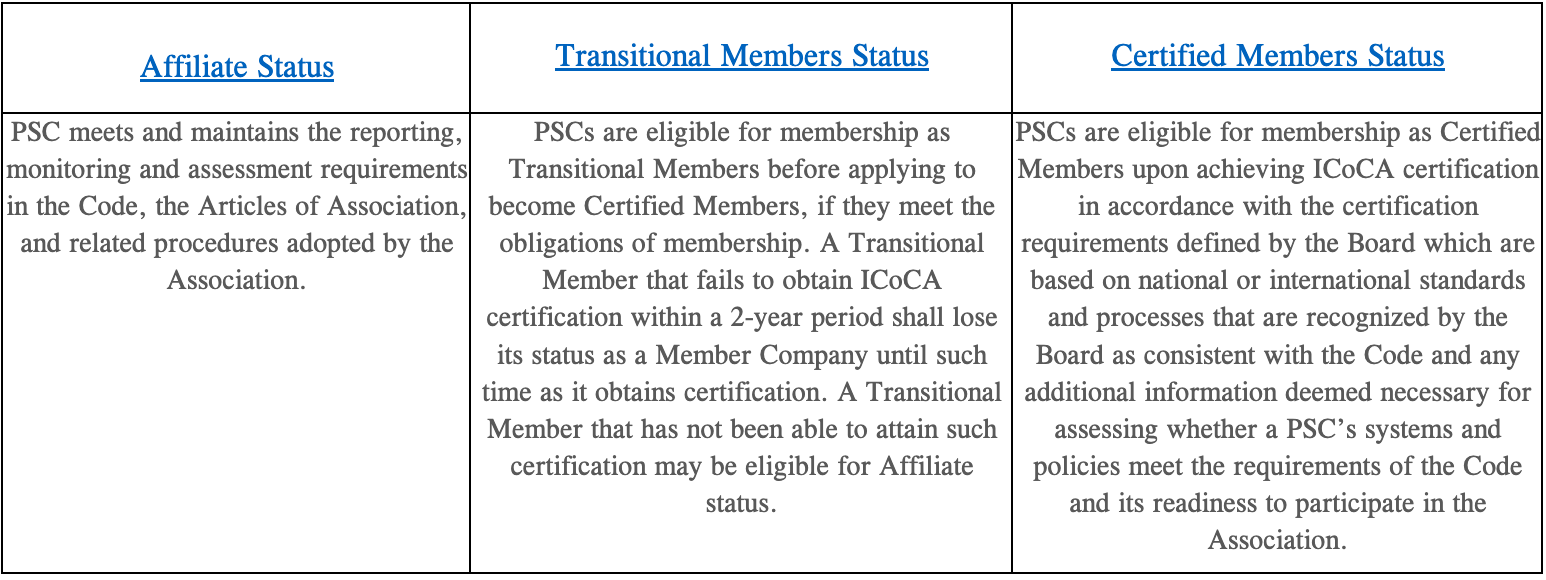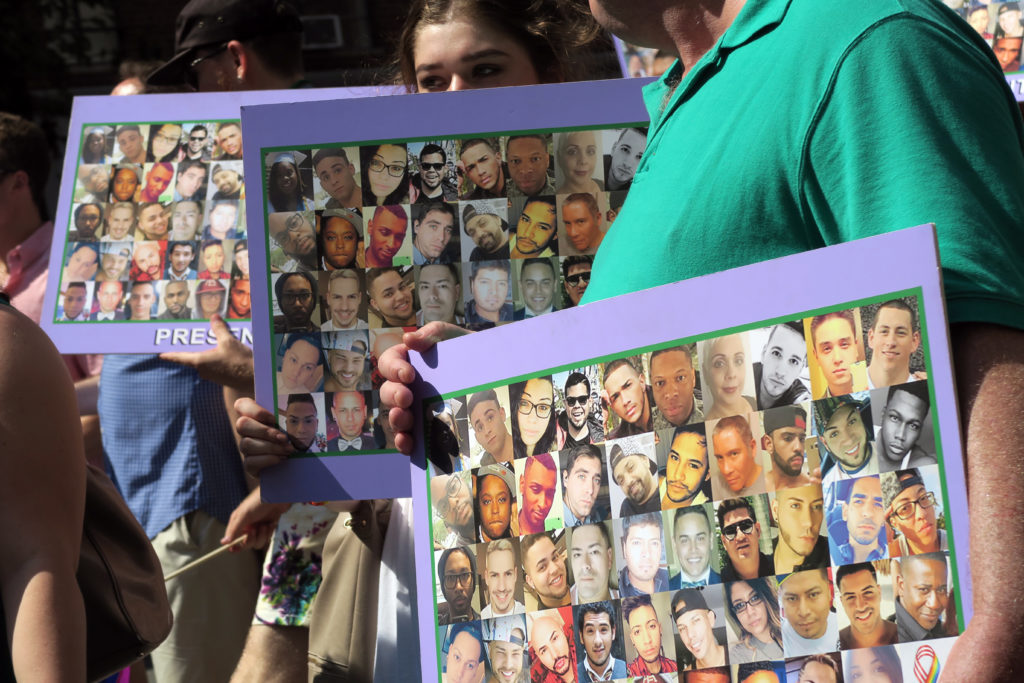Background
The Worldwide Protective Services (WPS) programme comes under the US Department of State’s (DOS) Bureau of Diplomatic Security and is responsible for contracting armed bodyguards and security personnel to safeguard American diplomatic personnel globally. This includes a blend of personal protection (bodyguards), static guarding (facilities and checkpoints) and team-based emergency response security services.
The rationale behind the use of private security companies by the US State Department in its missions abroad can be traced back to the bombing of the US Embassy in Beirut in 1983. This led to the passing of the Diplomatic Security and Anti-terrorism Act of 1986, under which private companies could compete for security contracts for US missions overseas. The first contracted private security by the US State Department was in 1994, during the period of unrest in Haiti. The first iteration of the Worldwide Personal Protective Service (WPPS) contract was in 2000 when DynCorp was contracted to provide services in former Yugoslavia.
The war in Iraq witnessed an increase in the use of PMSCs by the US to handle what was once military tasks. What soon became apparent was the legal vacuum in holding these operators accountable for their criminal violations. As a result of cases of crimes committed by private security contractors (see Nisour square massacre in Baghdad and the DynCorp Bosnia case), attempts were made by Congress to ensure accountability for their actions.
One change that came about was the establishment of the Security Protective Specialist (SPS) programme by the Diplomatic Security. This meant directly hiring experienced protection personnel responsible for contractors who conducted high threat protection assignments on the WPPS program. Thus, the contemporary WPS contract has some very stringent provisions. These include, Diplomatic Security Special Agents supervising the security contractors and ensuring that their training aligns with the specified standards and that it is conducted by trainers approved by the agents. Contractors must undergo 164 hours of instruction and training approved by the Diplomatic Security prior to deployment. Deployment is limited only to those contractors who have successfully completed the training and met the required qualifications.
Good Practice
In 2013, the US State Department stated that the Bureau of Diplomatic Security (DS) would incorporate ICoCA membership as a requirement for the bidding process for the successor contract to the WPS programme provided that the ICoC process moves forward and attracts significant industry participation.
Since 2013, contractors to the WPS are required to provide a letter from ICoCA indicating that the applicant is a member or transitional member in good standing and has not been either suspended or terminated from the ICoCA. A tender placed in 2020 by the DOS for the WPS III contract (PSCs contracted for the third time under WPS programme between December 2021-2031) includes that if the bidding entity is acting as the prime contractor in a contractor team arrangement, then the letter should verify that all team members are active members of ICoCA, in good standing and compliant with the requirements of the American National Standards Institute , PSC-1-2012. If subcontractors are going to be engaged to deliver any security services under the contract, they too must be members in good standing of ICoCA. Furthermore, in 2014, during ICoCA’s General Assembly, the US Department of Defence informed it will recognise ICoCA membership as an indicator that companies comply with the Code during its procurement decisions.
Corporate Ethics
Prior to the 2013 ICoCA certification or affiliation requirement put in place by the US State Department, 2010-2017 WPS awardees included Triple Canopy Inc, Torres International, SOC LLC, International Development Solutions, Global Integrated Security, Acuity-Janus, Dyncorp International and Gardaworld Federal Services. Pursuant to not being ICoCA certified Members or Affiliates, Torres International, International Development Solutions, Global Integrated Security and Dyncorp International were not awarded renewed contracts.
For the 2016-2021 WPS II period, contractors included Aegis Defence Services LLC, Chenega Patriot Group LLC, Sallyport Global Holdings Inc., Triple Canopy Inc., SOC LLC, Gardaworld Federal Services LLC and Acuity-Janus Global LLC. Both Gardaworld, Aegis Defence Services LLC, SOC LLC, and Triple Canopy have been ICoCA members for more than five years and the certification was underway in 2017/18.
Acuity and Sallyport Global Holdings, however, have been ICoCA certified Members since 2022. Acuity halted its commercial services, selling off the profitable ones to Janus Global Operations Somalia which has been an ICoCA member since 2023 and includes more broadly Janus Global. Chenega Patriot Group LLC, although previously a member, is now no longer providing security services. Again, for WPS III, the same companies were contracted for the period starting from December 2021-2031. The listed PSCs were not ICoCA members when they were contracted under WPS II and beginning of III. Nevertheless, it is likely that the companies joined ICoCA to fulfil their contractual obligations. Thus, requiring ICoCA certification as part of State contracts encourages PSCs to become Certified members of Affiliate members of ICoCA.
The International Code of Conduct
Member and Affiliate companies of the International Code of Conduct Association (ICoCA) commit to the responsible provision of Security Services to support the rule of law, respect the human rights of all persons, and protect the interests of their clients.
By joining ICoCA, the Member and Affiliate Companies affirm that they have a responsibility to respect the human rights of, and fulfil humanitarian responsibilities towards, all those affected by their business activities, including personnel, clients, suppliers, shareholders, and the population of the area in which services are provided. Furthermore, clients could also require that their security providers are ICoCA certified.
Association of Member Companies

Disclaimer
The case map intends to promote conversations on the responsible provision of private security services, by providing a selection that shows on the one hand cases of abuses by private security companies, and on the other, cases of good practice. The case map exists to inform and provide a representation of selected incidents as well as good practices in the field of private security.
The descriptions of the cases reproduced here are not intended to represent opinions or advertisements of the ICoCA or the authors. In cases where the practices of private security providers are presented as responsible, this should not be interpreted as legitimising any potential human rights violations that may have occurred. Similarly, the inclusion of certain cases does not imply that the ICoCA or authors endorse the conduct of any private security companies that have engaged in human rights abuses or violations.
Sources
- The Well‐ Ordered Worldliness of WPPS | CATO Institute
- Private Military Contractor Liability under the Worldwide Personal Protective Services II Contracts | Public Contract Law Journal
- State Dept Chooses 7 for New Worldwide Protective Services Contract | Govcon Wire
- Worldwide Protective Services III (WPS III) | US Department of State
- Department of State, DS High Threat Protection, WPPS – Iraq (Benghazi Aftermath – pt. 2)
- State Department to Incorporate International Code of Conduct into Worldwide Protective Services Contracts | US Department of State
- Worldwide Protective Services 2 (WPS-2) | Bureau of Diplomatic Security
- Worldwide Protective Services (WPS) | US Department of State
This case was prepared by Anyssa Boyer, Graduate Institute of International and Development Studies.




